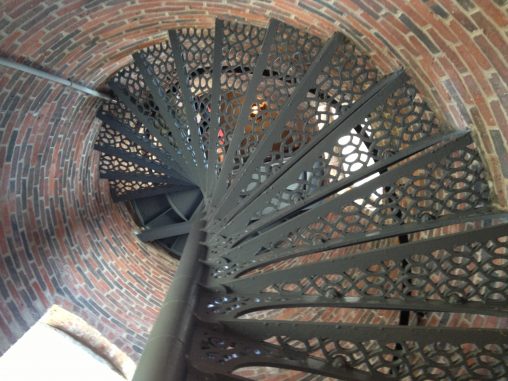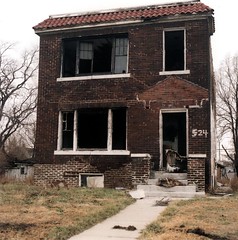An article in today's Palladium-Item quotes the U.S. Census Bureau statistic that "7.9 percent of Wayne County residents have a four-year college degree. The state average is 14.6 percent."
I haven't been able to find the data that supports those statements. According to the Census Bureau's 2012 American Community Survey 1-year Estimates, the numbers are a little better than that: 16.8% of the Wayne County population over 18 have a bachelor's degree or higher. Other collections and analysis of data also suggest better numbers, e.g. 13.7% of people 25 or older have a bachelor's degree or higher or 17.1% of people 25 or older have a B.A. or higher degree.
I wholeheartedly agree with the article's point that the community needs to address 'brain drain' and improve our education situation. But I was troubled to read that the number of residents with a four-year college degree or better are that low, and at least with some initial research, it appears they may not be.
I'll reach out to the Palladium-Item to see if I can get more information about the source of the stats.
UPDATE on March 18th: Louise Ronald at the Palladium-Item helped clarify the discrepancy, noting that the original percentages in the article were from the EDC's strategic plan, and that
"The strategic plan numbers represent a % of the total population, whereas the quick facts is only taking into account the population ages 25 and older. Quick facts is also including bachelor's degree and higher into their 17%, whereas the strategic plan report has them separated between 4 year degree and graduate degree."
So, depending on whether you want to include people with graduate degrees in the stats of people who have a 4-year degree, or just want to identify people ONLY with a 4-year degree, the numbers are different.








